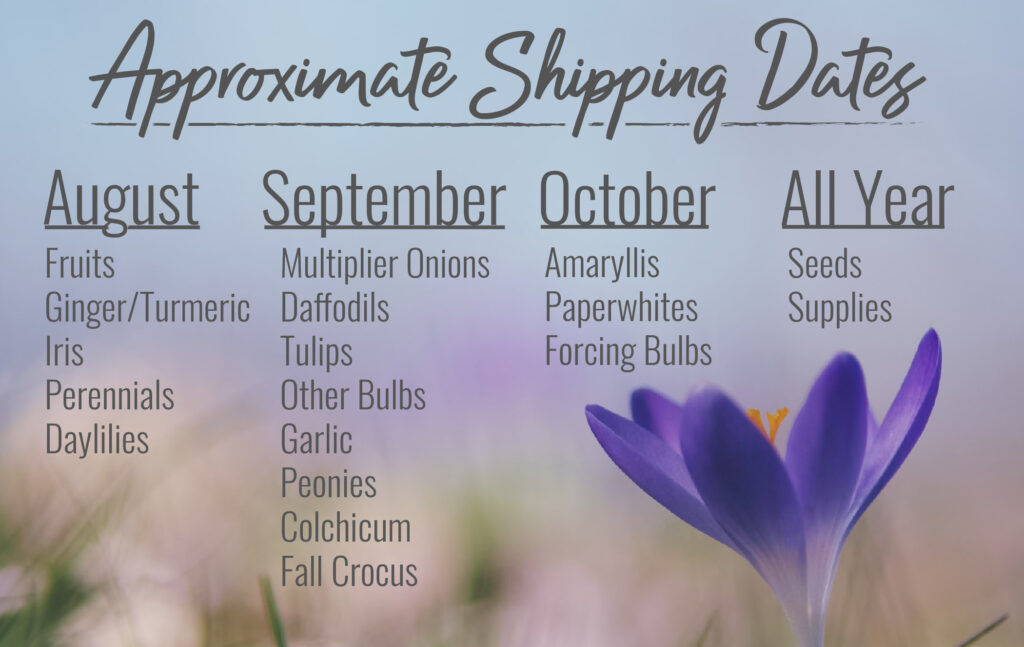
Vince Lombardi said, “Winners never quit and quitters never win.” Playing sports can be difficult and gardening can be thought of as a sport.
All our plants are players and mother nature is our opponent. Weather events like freezing temperatures in spring, blistering heat in summer, drought, humidity, hail, diseases, and a plethora of insect pests work hard every season to defeat us and our plants.
These kinds of stressful environmental conditions can slow growth, delay harvest, and reduce yields in the garden. They can also make plants more prone to pest and disease problems. We as gardeners can not control the weather, but there are many strategic tips that we can employ to reduce potential problems when growing plants in stressful conditions.
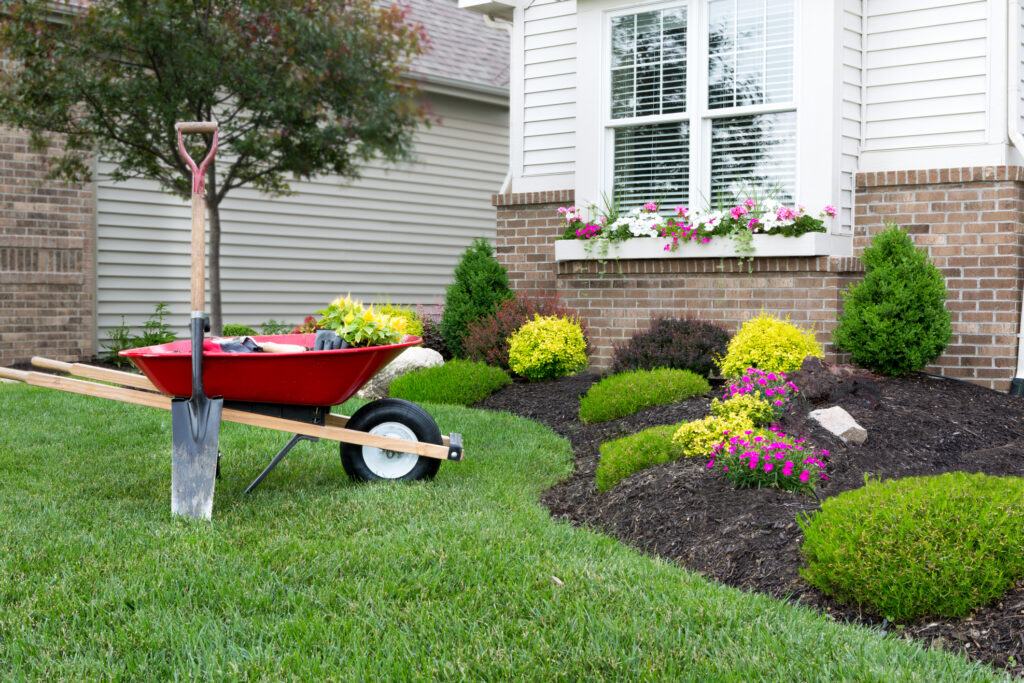
Tip 1 – Growing in raised beds with well amended organic material helps to allow the soil to warm up quickly in spring and also helps to ensure that the soil drains well. This is true for all types of soils.
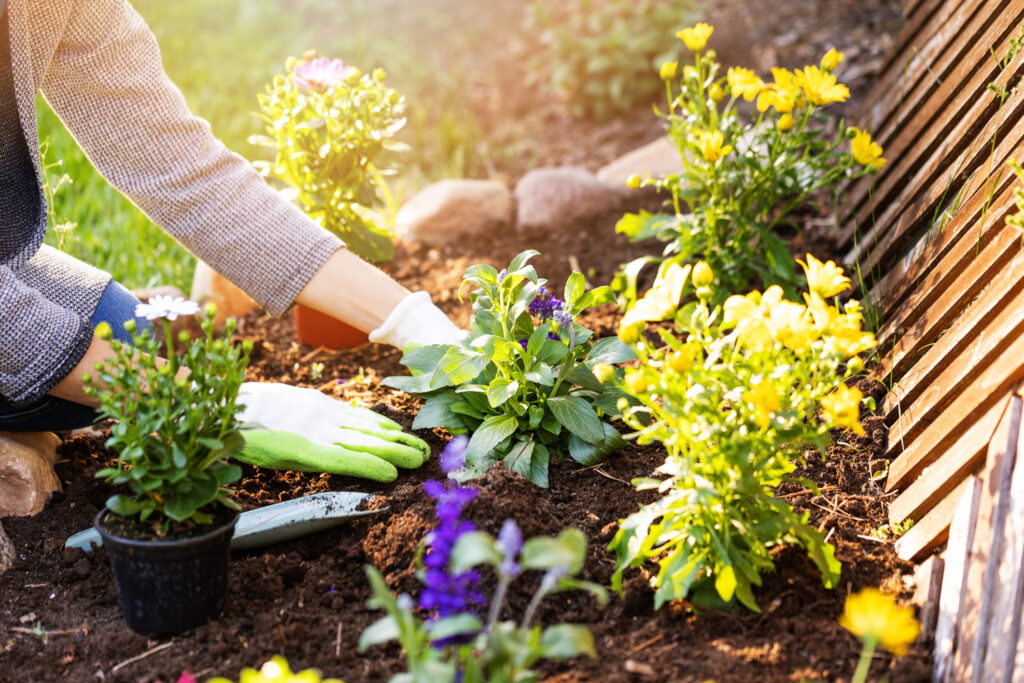
Tip 2 – Ensuring that plants are properly spaced, so they don’t compete with each other, is also helpful. Overly close spacing, especially when nutrients or water are limited, will reduce growth and productivity. Appropriate spacing also improves critical air circulation, which can help reduce many common fungal disease issues.
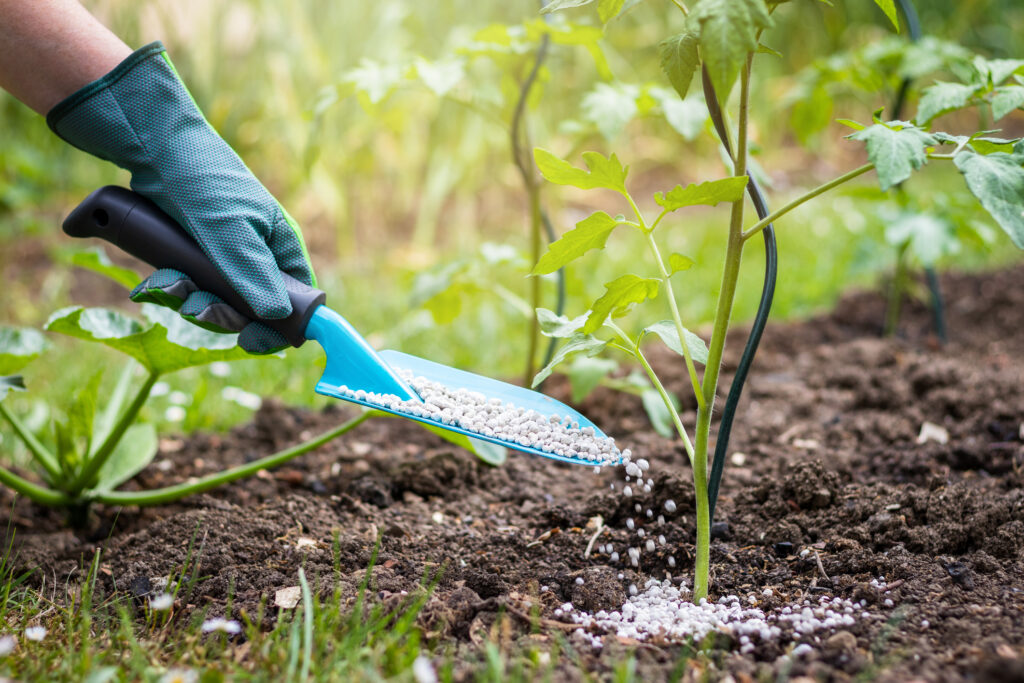
Tip 3 – Maintaining adequate soil fertility levels also helps to ensure that plants grow vigorously. Yellowing new growth and pale green leaf color can be an indication that plants are nutrient stressed. Prolonged wet weather can leach nutrients from the soil and stress roots, hindering their ability to absorb nutrients. Excessive soil moisture will also limit the necessary oxygen to the roots, which can lead to rot. Lower, older foliage turning yellow and dropping is a common symptom of this. Using a mild fertilizer solution (about a quarter of the recommended concentration) as a foliar spray can help nutrient stressed plants to quickly absorb the fertilizer through their leaves, helping to reduce nutrient stress.
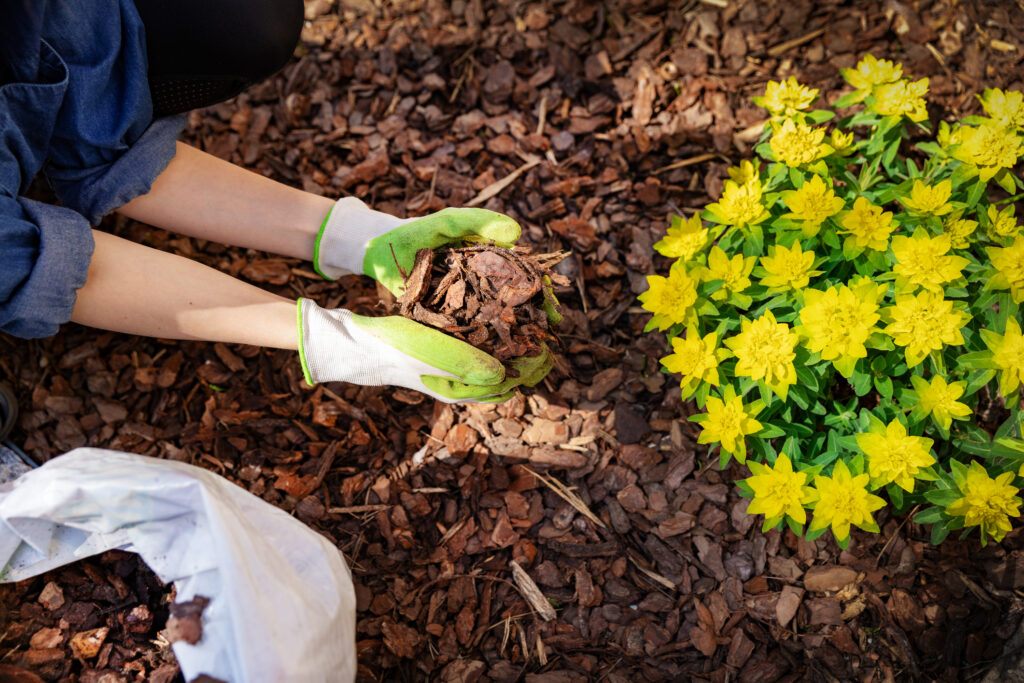
Tip 4 – Mulching the soil with an inch or two of organic matter helps to keep the soil cool and reduces moisture loss from evaporation, so it is an excellent practice when conditions are hot and dry. It also helps to reduce weed pressure. Weeds compete with garden plants for light, water, and nutrients, so they can be an additional source of stress.
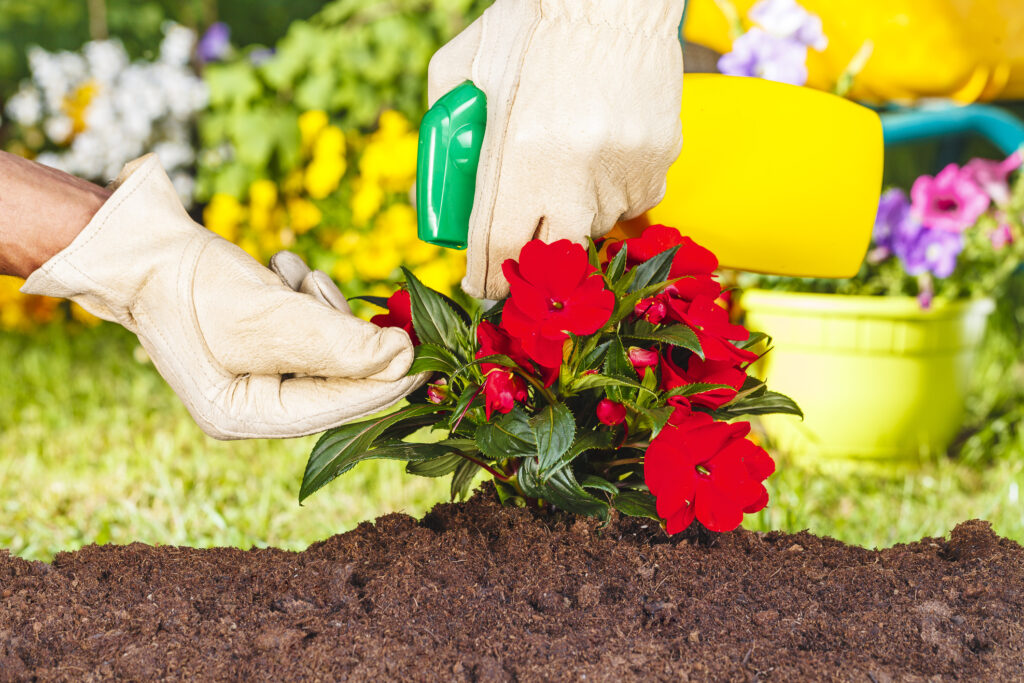
Tip 5 – Scout the garden regularly for signs of insect pests and disease symptoms. In stressful years, it can be helpful to do some preventative treatments to proactively protect plants from problems. Prolonged cloudy, wet weather greatly increases the chances for garden diseases to become a problem. A product like a neem oil helps to protect plants from both insect and disease problems and has repellent action for many insect pests.
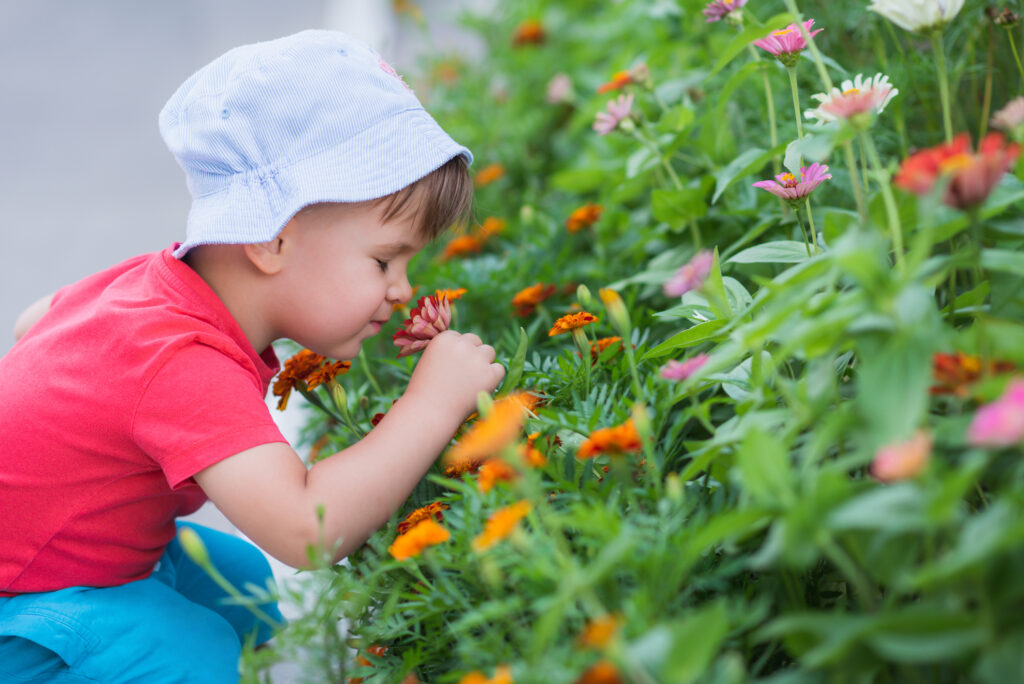
Think of gardening as a sport. It is a sport that must be mastered like any other, by practice and patience. No quitting allowed! Following these few, necessary and helpful tips will make a world of difference to reduce the stresses on all of your garden plants and in turn, help reduce your own stress level. These tips may even provide you more time to sit in the shade with a cold iced tea, as a winner and appreciate all your hard work, rather than frantically toil and sweat trying to keep all your plants happy and alive during the long summer growing season.
Find all your gardening needs at Jung Seed Co. A family-owned and operated company in Wisconsin. Respected for quality and service since 1907.
We are not experiencing any shipping delays. Fall plants and bulbs will ship according to our Fall Shipping Schedule. Seeds will ship immediately.
